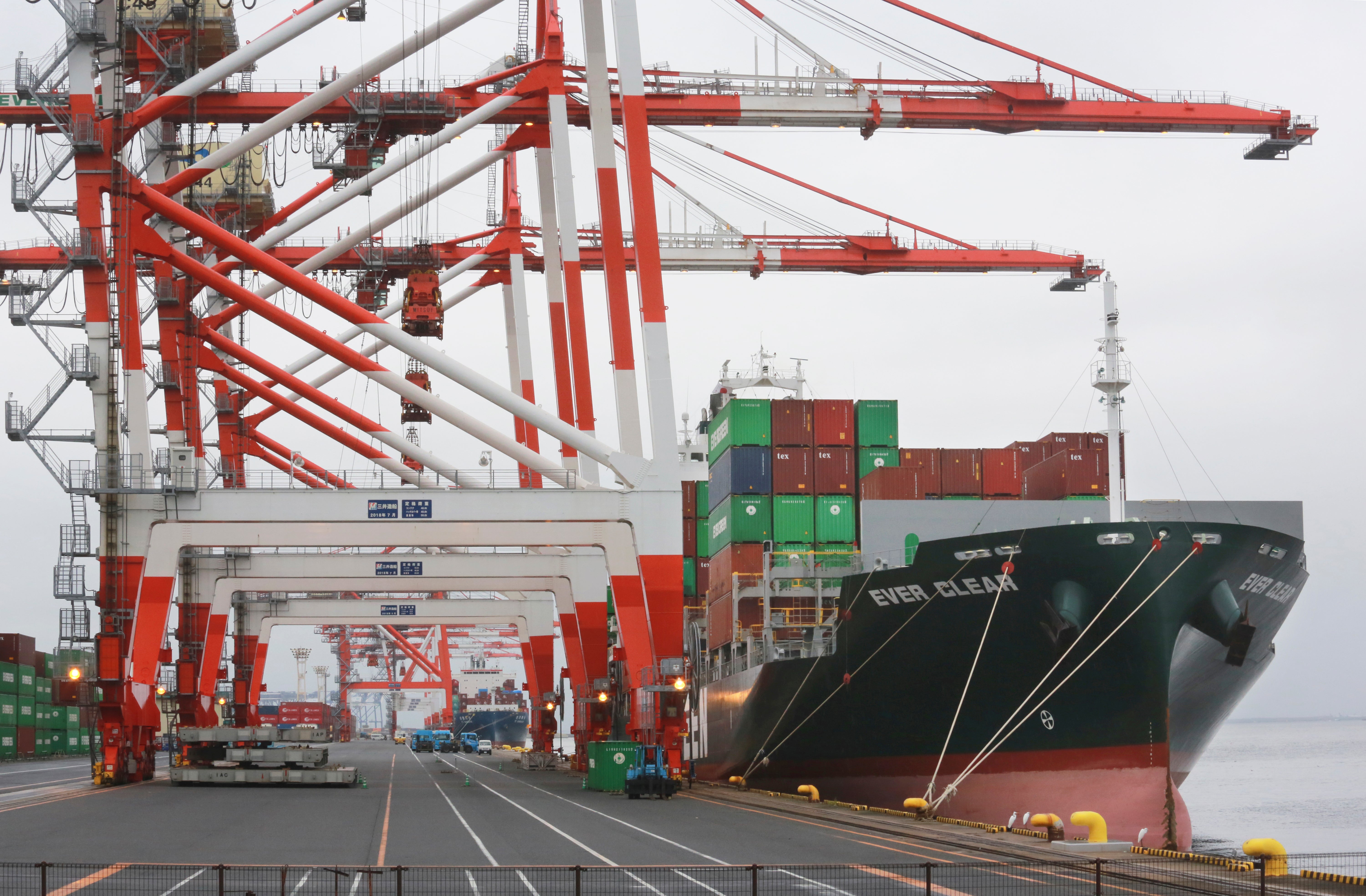Japan's imports hit record highs on surging energy prices
Japan’s exports and imports both reached record highs in December, largely because of surging oil prices and a weaker yen

Your support helps us to tell the story
From reproductive rights to climate change to Big Tech, The Independent is on the ground when the story is developing. Whether it's investigating the financials of Elon Musk's pro-Trump PAC or producing our latest documentary, 'The A Word', which shines a light on the American women fighting for reproductive rights, we know how important it is to parse out the facts from the messaging.
At such a critical moment in US history, we need reporters on the ground. Your donation allows us to keep sending journalists to speak to both sides of the story.
The Independent is trusted by Americans across the entire political spectrum. And unlike many other quality news outlets, we choose not to lock Americans out of our reporting and analysis with paywalls. We believe quality journalism should be available to everyone, paid for by those who can afford it.
Your support makes all the difference.Japan’s exports and imports both reached record highs in December, largely because of surging oil prices and a weaker yen, the government said Thursday.
Japan’s imports last month surged 41% from the same month a year earlier. Exports rose 17.5% from the previous year, on stronger shipments of autos and computer chips.
Imports have now risen for 11 months straight, while exports have risen for 10 consecutive months, the Finance Ministry said.
The pandemic's impact on manufacturing, travel and other economic activity has been a huge drag on the world’s third largest economy.
Government-ordered restrictions to curb the spread of coronavirus infections will kick in again Friday for Tokyo and about a dozen other regions, further hampering an economic recovery.
Japan logged a trade deficit in 2021 of 1.47 trillion yen ($12.9 billion), as exports for the year grew 21.5% while imports climbed 24.3%.
The price of oil and natural gas have soared to multi-year highs recently, adding to global concerns about inflation. Japan imports almost all its oil and gas and pays dearly when prices surge.
The weak yen is a boon for Japan’s exports, makes imports more expensive. The U.S. dollar has traded recently at about 114 Japanese yen, up from about 104 yen a year ago.
Koya Miyamae, senior economist for SMBC Nikko Securities, said a speedy recovery in Japan’s exports was unlikely, partly because automakers face parts-supply problems. Auto parts production has been dented by COVID measures in other parts of Asia
“The recovery is expected to be gradual,” he said.
Prime Minister Fumio Kishida is promising to put Japan back on a growth track by encouraging ventures, digital technology and investments in sustainable energy in what he calls “new capitalism.”
Some critics say his proposals are vague. Kishida has stressed the nation fist needs to deal with COVID, as daily new cases continue to surge from the omicron variant.
___
Yuri Kageyama is on Twitter https://twitter.com/yurikageyama